Atto Melani, the Sun King’s spying opera singer
Louis XIV’s court was full with interesting people. One of them was Atto Melani and he wasn’t just a fabulous singer, he used his visits to the courts of Europe in order to spy for the Sun King.
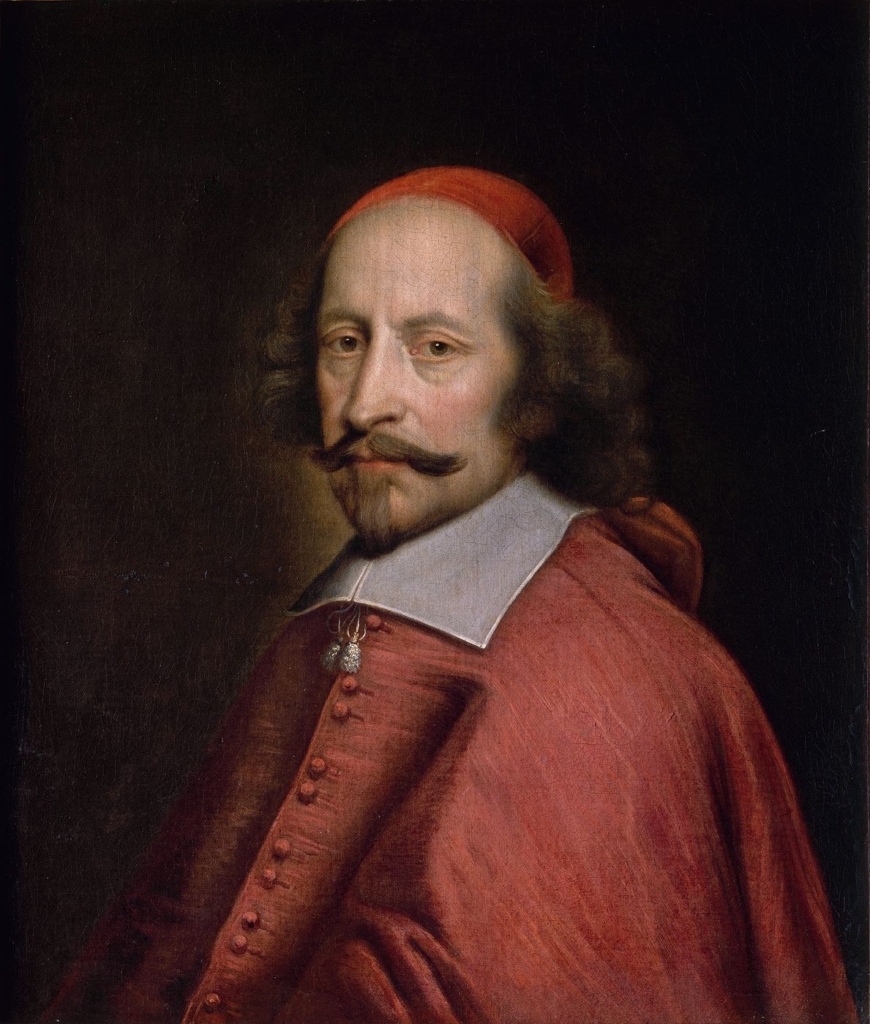
Born on March 30 in 1626, as the third of seven sons of a Pistoia bell-ringer, Atto was castrated at a young age to preserve his soprano voice. He was not the only one in his family to become a castrati, three of his brothers and two cousins were castrated as well. In Europe, when women were not permitted to sing in church or cathedral choirs in the Roman Catholic Church, boys were castrated to prevent their voices breaking at puberty and to develop a special high voice. The first documents mentioning castrati are Italian church records from the 1550s. In the baroque and classical music eras these singers were highly appreciated by opera composers as well. Two of Atto’s brothers, Alessandro Melani and Jacopo Melani, became celebrated composers.
Between 1636 and 1643, Atto sang in the choir of the Pistoia Cathedral and also in Venice, in 1641, as he was fifteen, and again during Carnival in 1642. In 1644, he sang in Florence and settled in Rome the same year. With a voice that enchanted everyone, Atto gained the patronage of Mattias de’ Medici, the third son of Cosimo II de’ Medici, Grand Duke of Tuscany, and Archduchess Maria Maddalena of Austria, and became friends with Carlo Gonzaga, the son of Charles of Gonzaga-Nevers. With the latter, he apparently had an affair too.
Atto’s charm and voice brought him celebrity status quite quickly. Rumour even had it that, if one had been bitten by a snake, Atto’s lovely voice was able to cure. His fame also reached the court of France, or rather Cardinal de Mazarin, who was a big fan of the Italian opera and thus invited Atto, his brother Jacopo and the famous opera singer Leonora Baroni to the court of the young Louis XIV in 1644. Being under patronage of the Medici, Atto used his time in France not only to sing, but also to gather information on whatever might be of interest to them.
Another visit to Paris followed in 1647 and Melani became the celebrated star of Luigi Rossi’s opera Orfeo. Atto stayed in Paris until 1649, as the Fronde began to spread havoc through the Kingdom, and France was not really a safe place for Italians any more.
Melani had to flee Paris and returned Italy, where he stayed in Florence, Mantua and Modena, but also payed visits to Innsbruck in Austria and the German Regensburg to sing in various operas.
After royal-peace was restored in France, Cardinal de Mazarin invited Atto again to sing in the Buti and Lully opera Amor Malato… and to learn the art of espionage. Mazarin saw that Atto was in a unique position to gather intelligence from foreign courts whenever he was invited there to perform, in front of Kings, Queens, Ministers and so on. Especially the receptions held at those courts were the perfect place to collect gossip and titbits… but also talk regarding favour and disfavour or political matters. Thus Atto was taught what was necessary to perform such a task, like what questions to ask and how to ask just enough to get the needed information without blowing the cover. It seems Atto was a natural spy, for he excelled at the task, sending information in coded messages to Mazarin from various courts.
In 1657, Mazarin sent Atto Melani to Bavaria in order to persuade the French-friendly Prince Elector Ferdinand to put himself forward as candidate for Holy Roman Emperor. The mission failed, but Atto impressed Mazarin nevertheless by showing great skill in matters of diplomacy. Atto returned to France, where he starred in the opera Xerse by Cavalli and in Lully’s Ballet de l’impatience in 1660… then, in 1661, Mazarin died and Atto lost his patron and mentor. Mazarin might have been able to protect him in what followed, but without him Atto Melani’s fate was bound to that of the unlucky Nicolas Fouquet. As it happened, Melani was a friend of Fouquet and upon the disgrace of the latter, that of Atto followed, because it turned out that Atto had copied letters of Louis XIV. Although Louis knew Atto since his childhood, he could not forgive him betraying his trust like that and thus Atto was exiled from France at once.
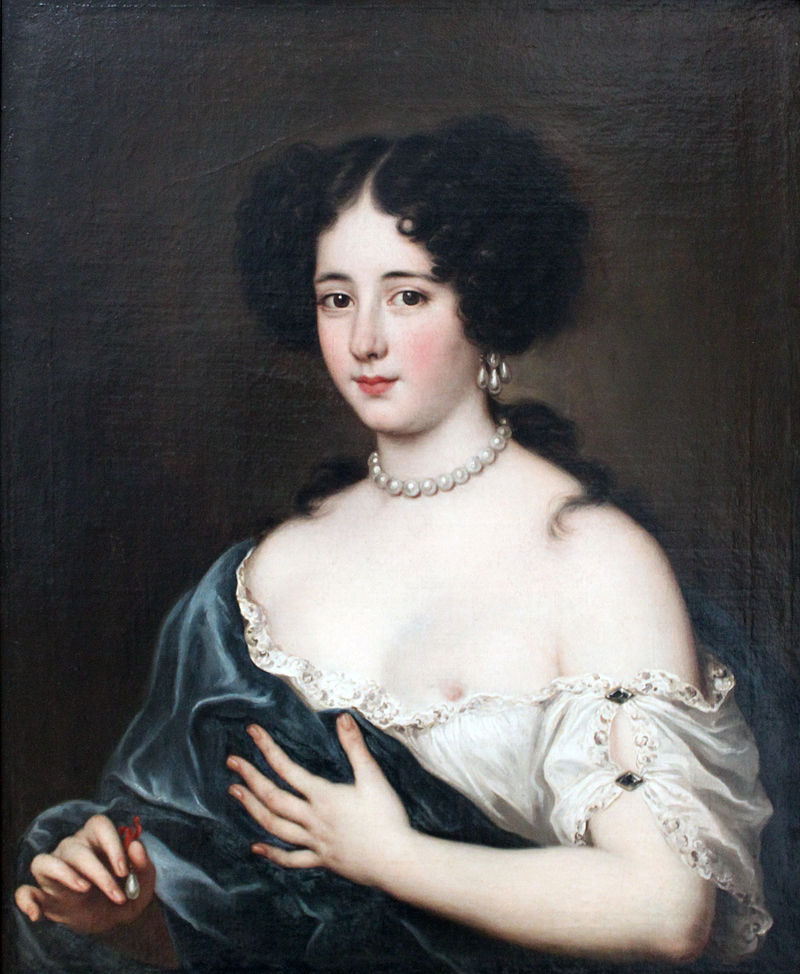
The famous singer had to flee France and returned to his native Italy. He settled in Rome and entered the service of Cardinal Giulio Rospiglios, who was like him from Pistoia. During his time in France, Atto had become friends with Mazarin’s niece Marie Mancini, who was residing in Rome too, and offered him her support should he need it. Their friendship was quite close, for they entertained a correspondence of more than forty years.
As Pope Alexander VII died in 1667, Cardinal Giulio Rospiglios became the new Pope under the name of Clement IX. Atto attended the conclave as an assistant and might have played a role in the Cardinal becoming Pope, at least Louis XIV was so pleased with the outcome that he lifted Atto’s ban from France and made him an Abbé with an own income of 3000 livres a year. Afterwards, Atto served the Sun King as spy at the Papal Court and conclave specialist.
The now Abbé Atto Melani gave his singing career up shortly after. His last performance took place in 1668, at the Palazzo Colonna and probably with Marie Mancini in the audience. Thereafter Abbé Atto devoted his life to his spying job.
He advised Louis XIV in matters of politics and diplomacy, mediated with German Princes and the Italian States, wrote several books, spied, forwarded information and sorted problems with various Cardinals. Atto spent time in Italy but also Austria and France, gathering quite the fortune for himself in service of the Sun King, until he died at the age of eighty-eight, one year before his master, on January 4 in 1714.
Among his bequest were several estates and palazzi, bank accounts and a large library, as well as his collected correspondence with various European sovereigns and people of great importance. Apart from the index, the 108 volumes of the correspondence are lost without trace.
(If this has peaked your interest in Atto Melani, I recommend the novels by Rita Monaldi and Francesco Sorti. Called Imprimatur, Secretum and Veritas, they have Melani as main character. They are very long, and sometimes a little dry, but also very interesting and not all of it is fiction. Both did a lot of research, using historical sources from the Vatican Archive, for example. I read them a while ago and I think they plan on doing seven volumes for the series, but so far only three are published… or have been translated from Italian. I liked Imprimatur the best so far, but the other two are very good as well.)
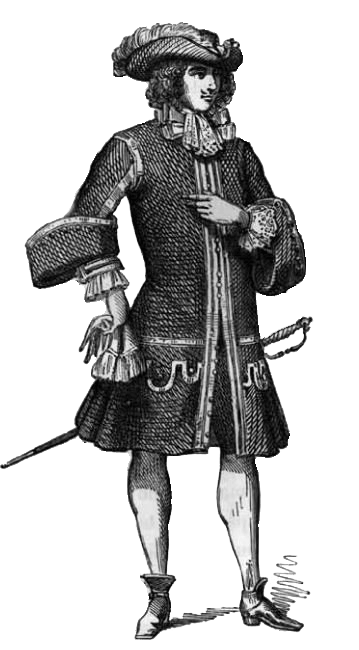
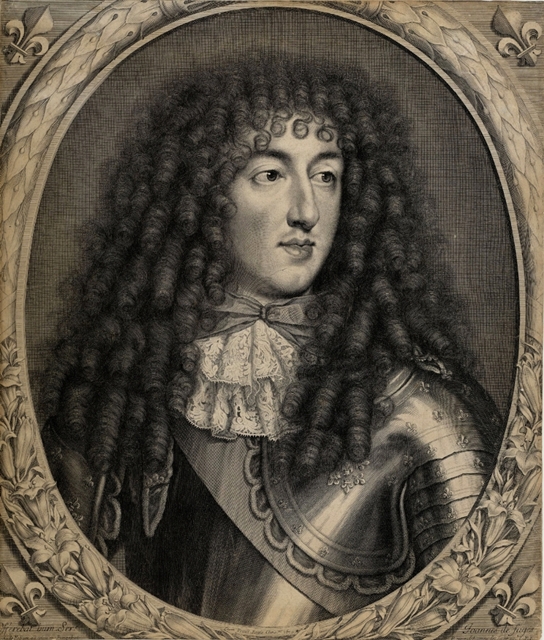

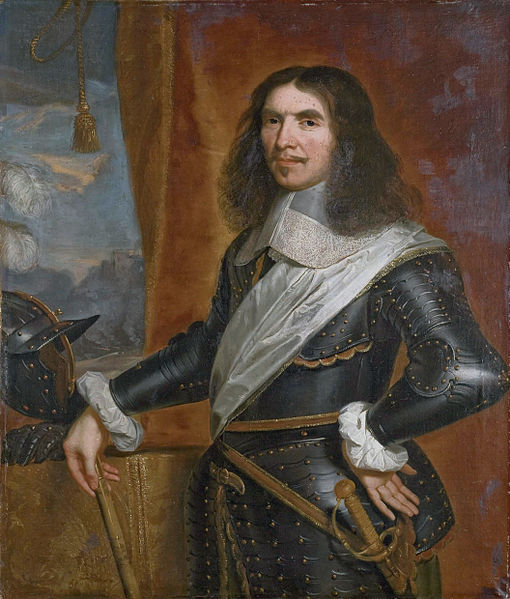
2 Comments
Roger Freitas
As much of the above is cribbed from my book–with some errors–I wonder whether you might not also recommend *it* for further reading. http://www.cambridge.org/us/academic/subjects/music/music-general-interest/portrait-castrato-politics-patronage-and-music-life-atto-melani?format=PB#0wzkzOpzK0178R7u.97
Aurora von Goeth
Hi Robert. I had no clue there is a book about Atto. My info comes from a German article and some German books. I will happily link to your book, of course.